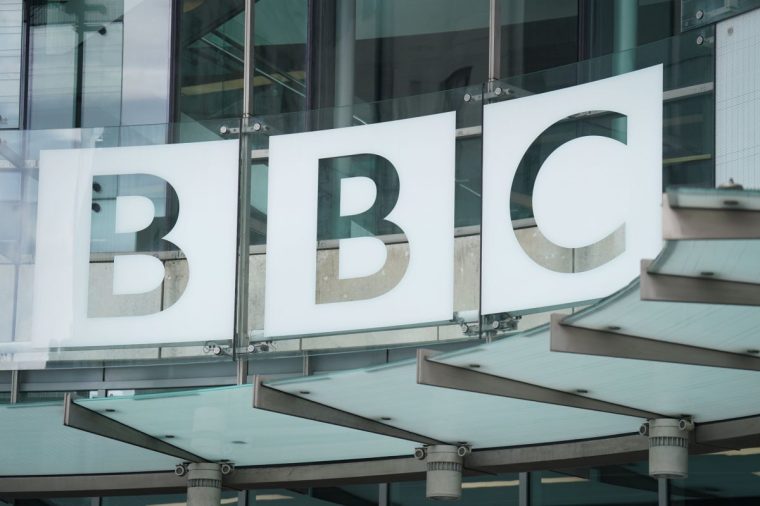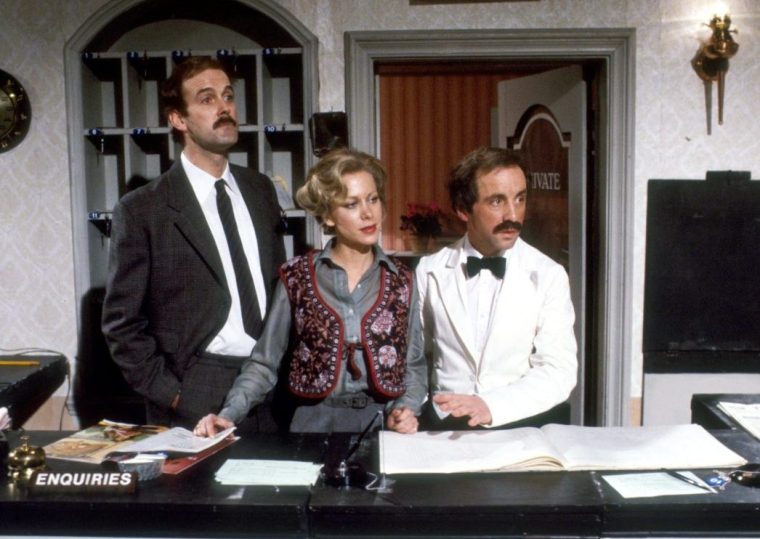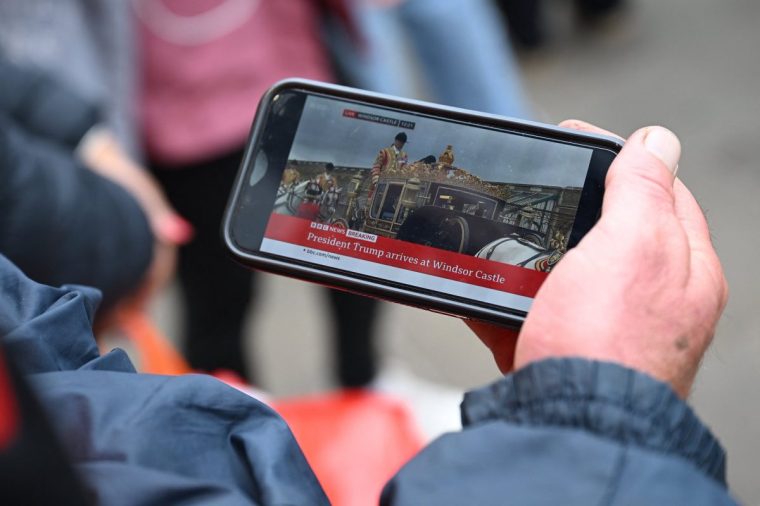BBC says replacing the licence fee with a Netflix-style subscription is a non-starter – but ministers are exploring the option
BBC bosses have internally “ruled out” replacing the licence fee with a Netflix-style subscription, The i Paper understands, placing the corporation on a potential collision course with ministers.
Culture Secretary Lisa Nandy said last week that she is looking at a “whole range of options” to modernise the licence fee, including a hybrid “mixture of licence fee, commercial funding and some subscription services.”
A monthly subscription, giving viewers who can afford to pay exclusive access to BBC programmes and services, is expected to be included in a Government Green Paper, setting out the role of the BBC and options for its future funding, later this year.
The BBC has begun charging US-based users a £6.50 monthly fee for unlimited access to its news content and rolling televised coverage.
However, bosses at Broadcasting House are opposed to any move towards subscription in the UK, which they believe would create a “two-tier BBC.”
A senior figure told The i Paper: “Subscription doesn’t pass the test for a universal, public service BBC. For that reason we have ruled it out.
“We are clear that we need modernisation and reform but in service to a universal public service BBC. You can go the subscription route but it will lead to a very different BBC.”

The BBC has no veto on the Charter renewal process, however. Ultimately, the Government could impose its preferred outcome, once Parliament has passed its recomendations for the new Charter, starting in 2028, which will detail the way the broadcaster is funded and governed for the next decade.
Programme-makers said the BBC was right to be sceptical of subscription. One former executive said: “Subscription skews what you commission. Your primary focus is making programmes that stop people from cancelling. That means taking less risks and more surefire entertainment hits. News and current affairs budgets would be first to go.”
But other BBC insiders said subscription could help boost the BBC’s finances in a new “hybrid” licence fee – under Nandy’s proposal a mandatory charge would still provide the bulk of the BBC’s funding but could be weighted so that people on lower incomes or benefits paid less.
John Mair, a former BBC current affairs producer and editor of a new book, The BBC: Life After The Licence Fee?, said the broadcaster could charge a fee for deeper access to its archive of classic programming.
Mair said: “It doesn’t have to be full subscription for all. The BBC is also a national TV archive and it could monetise its archive.”

Alternatively, a “top up” subscription, via the iPlayer, could give customers early access to the biggest BBC dramas before they screen on TV.
The BBC could also charge a digital “season ticket”, giving music fans willing to pay, live TV access to every Proms concert or Glastonbury festival stage feed.
However David Elstein, the former Channel 5 chief executive who sat on a panel advising the previous government on the BBC’s future funding, said: “Top up subscription funding for bits of BBC output, over and above that which is funded by a substantial licence fee, is unlikely to work, other than in very precise circumstances, such as the Proms.
“The question would always be ‘why is that not covered by the licence fee?’”
Patrick Barwise, emeritus professor at London Business School and co-author of The War Against The BBC, said there are technological obstacles which prevent any significant move to subscription funding. A mechanism to digitally “block” non-payers from receiving BBC programmes currently broadcast via Freeview does not yet exist.
Barwise said: “Firstly, it won’t even be technically feasible until the late 2030s for TV (and, even then, not for radio).
“Secondly, to maintain programme budgets, the average subscription price would need to be significantly higher than the licence fee, partly because of higher overheads to cover marketing and customer service costs. “
The BBC has claimed a bundle of streaming subscriptions equivalent to the current licence fee offering of news, entertainment, radio and sports would cost households up to £580 a year, which is a significant increase on the current £174.50 charge.
The corporation would “become a two-tier service, with the best programmes available only to those willing and able to pay,” Barwise concluded. “All these drawbacks apply whether subscriptions are the main funding source or part of a mixed model.”

The Green Paper, expected within weeks, will officially kickstart Charter renewal, a negotiation between ministers and the BBC over the size, scope and funding of the BBC until 2038.
The BBC will set out its own proposals for a reformed licence fee during the negotiations, and present arguments against unpalatable alternatives such as subscription.
Ministers will publish a White Paper detailing a plan for action before 2027, when the current Charter expires.
BBC bosses were pleased that Nandy ruled out funding the broadcaster from general taxation, a move which would leave the corporation reliant on the whims of politicians, impinging on its independence.
Allowing the BBC to sell advertising is seen as a non-starter since it would decimate the revenues of commercial public service broadcasters like ITV and Channel 4.
However ministers want BBC Studios, the corporation’s commercial subsidy, to take the pressure off the licence fee by contributing more revenues back to programme-making.
Last year, Studios generated £2.2bn from programme sales its stake in hit shows like Bluey and Strictly, returning £200m to the BBC’s content budget.

The BBC declined to comment on the subscription proposal but pointed to a recent speech by Director-General Tim Davie, who said: “All the funding models that have been floated in the debate have their merits and drawbacks. But some such as advertising or subscription don’t pass the test of building a universal trusted public service. Beyond that, we keep an open mind.”
A DCMS spokesperson said: “We are preparing for the upcoming Charter Review which we expect to launch later this year. It will consider a range of issues, including how the BBC can continue to prosper supported by a sustainable funding model.”
A public consultation will be carried out before any decisions are taken regarding the future of the BBC, the DCMS said.
